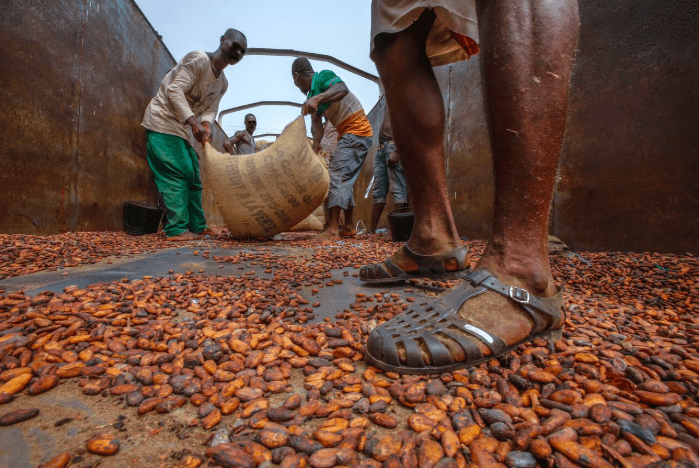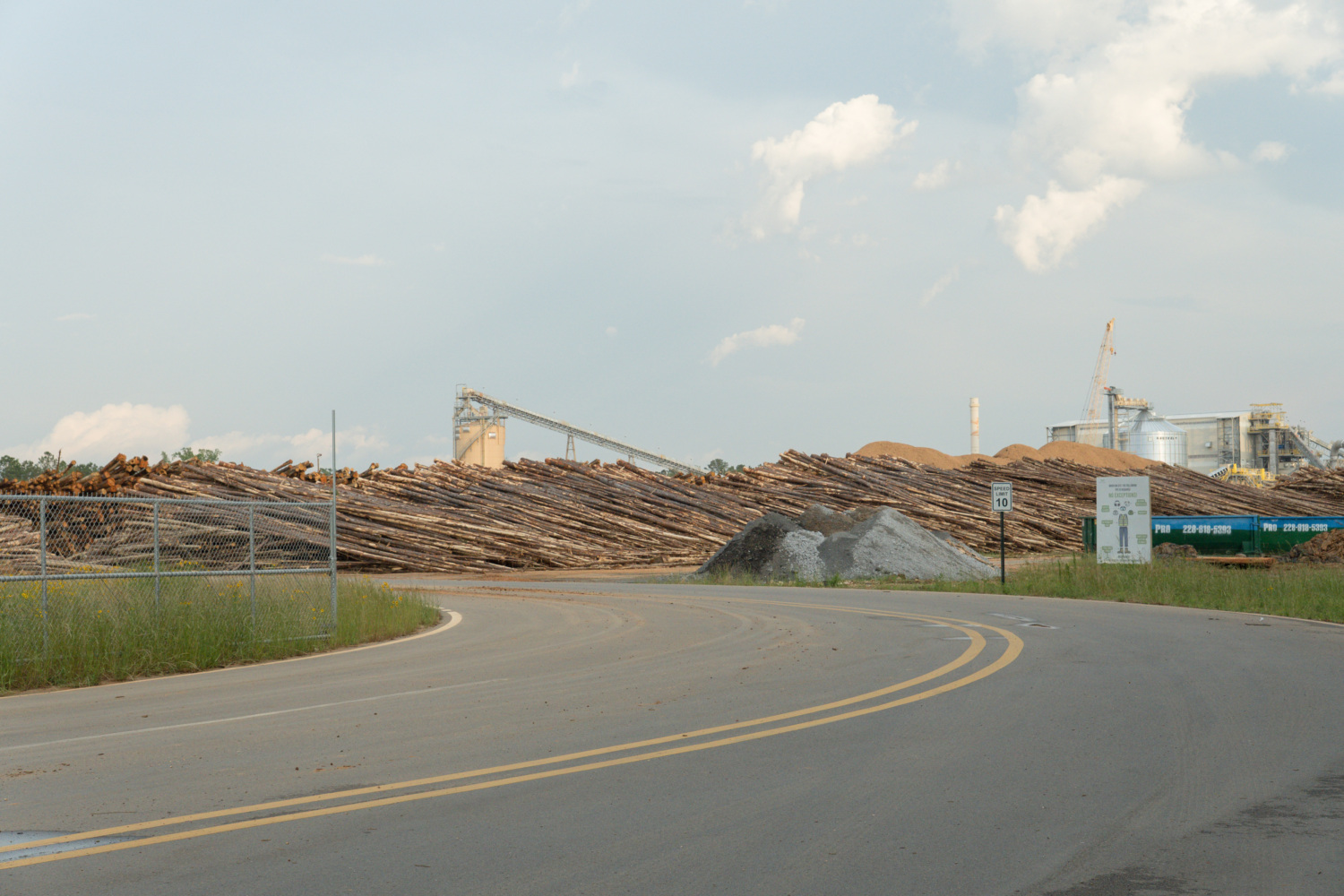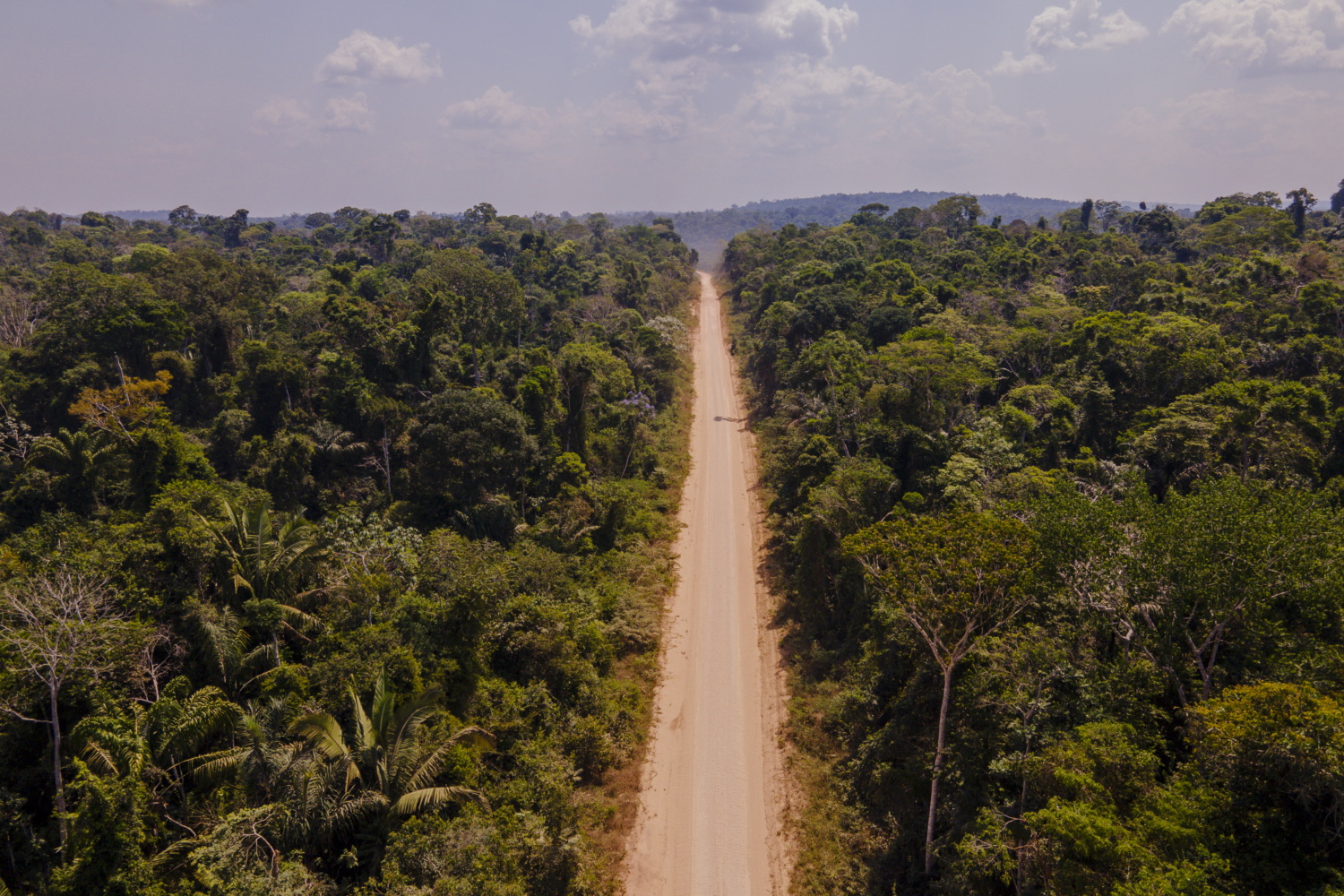
EU legislation must end child labour and deforestation in the cocoa supply chain

MEPs and Commission staff acknowledged that the EU is the #1 importer, manufacturer, and consumer of cocoa and that the EU has a tremendous responsibility for this commodity’s problems. Coming from a range of parties, the MEPs Linda McAvan (chair of the Parliament’s Development Committee), Heidi Hautala (Vice President of the European Parliament), Ignazio Corrao, David Martin, and Lola Sanchez all called for binding legislation to stop cocoa from coming into the EU if it is linked to deforestation or child labour. Moreover, they expressed a strong determination to get an EU law passed soon.
One MEP after another hammered home the fact that voluntary industry action on cocoa is not enough. Likewise, NGOs speaking also made a unified call for a mandatory due diligence law. Representatives of the largest chocolate manufacturers, who attended the hearing, agreed that a law would be welcome; and the government of Ghana representative also suggested an EU law could be desirable. Linda McAvan, who hosted the event, closed by summing up that there was a “near-consensus” in the room that EU regulation is needed. Moreover, the hearing brought up criticism of EU trade agreements with Ghana and Ivory Coast, highlighting the need for such trade agreements to include better protections against deforestation and child labor. There’s new hope for forests threatened by cocoa, and for the 2.1 million children work on cocoa plantations.
The press release from several NGOs is below:
EU legislation must end child labour and deforestation in the cocoa supply chain
NGO coalition calls on EU policy-makers to protect tropical forests and the 2.1 million children working in cocoa
A group of civil society organisations are calling on the EU to pass legislation to end severe human rights violations and environmental destruction in cocoa supply chains. The NGOs have joined forces ahead of the European Parliamentary session “Cocoa and Coffee – devastating rainforests and driving child labour: the role of EU consumption and how the EU could help”, to be held on July 11th.
The chocolate industry’s current approaches to eliminate child labour and to end deforestation will not be sufficient without lawmakers creating a level playing field. Voluntary schemes have played a key role in encouraging companies to introduce more sustainable sourcing practices, but a lot more needs to be done. Urgent action by lawmakers is required, including in the EU.
“Cocoa has been driving 30% of overall deforestation in Ivory Coast and Ghana, and destroying other forests from Asia to the Amazon,” declared Etelle Higonnet of Mighty Earth. Sergi Corbalán of the Fair Trade Advocacy Office added that cocoa must be good for people as well as planet: “Child labour is a consequence of poverty. Better prices must be paid to cocoa farmers to enable them to secure a living income.” Core challenges will require legislation in both producing and consuming countries. “The EU must rise to the challenge, as Europe is the number one importer, manufacturer, and consumer of chocolate worldwide – and home to the biggest chocolate companies,” explained Julia Christian of Fern.
The NGO coalition calls on the EU to make mandatory compliance with Human Rights Due Diligence (HRDD) standards. HRDD would require chocolate companies to analyse, prevent, mitigate, remediate and report on risks in their supply chain, not only for their own operations, but also for those of their suppliers. It would require mandatory reporting on key measures, such as responsible risk management (on child labour, this would mean reporting on cases and on measures taken to address them). Future reporting should be based on standard, common definitions, which requires harmonisation of legislation across different jurisdictions and markets to avoid a regulatory fragmentation.
“To end deforestation for cocoa, we also call on EU to urgently develop import regulations that require companies and importers of cocoa to undertake responsible sourcing and proper due diligence to ensure that the cocoa they are importing is not coming from illegally cleared forests,” added Obed Owusu-Addai of EcoCare Ghana.
Just two months ago in the final declaration of the fourth World Cocoa Conference held in Berlin, the cocoa sector itself recognised that ‘voluntary compliance has not led to sufficient impact’, and that ‘all stakeholders are called upon to strengthen human rights due diligence across the supply chain, including through potential regulatory measures by governments.’
As such, the NGO coalition calls upon the EU Parliament and Commission to pass legislation protecting against human rights violations and deforestation in the cocoa sector.
Signed by: EcoCare Ghana, Fair Trade Advocacy Office, Fern, Mighty Earth, Oxfam, VOICE Network. (The VOICE Network is an association of NGOs and Trade Unions working on sustainability in cocoa. VOICE’s mission is to be a watchdog and catalyst for a reformed cocoa sector, addressing blind spots and underrepresented issues in the value chain. VOICE’s activities focus around research and advocacy.) VOICEMembers: ABVV/Horval (Belgium), FNV (Netherlands), Inkota Netzwerk(Germany), Oxfam Novib (Netherlands), Oxfam Wereldwinkels (Belgium), Public Eye (Switzerland), Stop The Traffik (Australia/Netherlands), and Südwind Institut(Germany). Voice Observers: EFFAT (European Federation of Food, Agriculture and Tourism trade Unions)
The hearing was covered by the New York Times.



